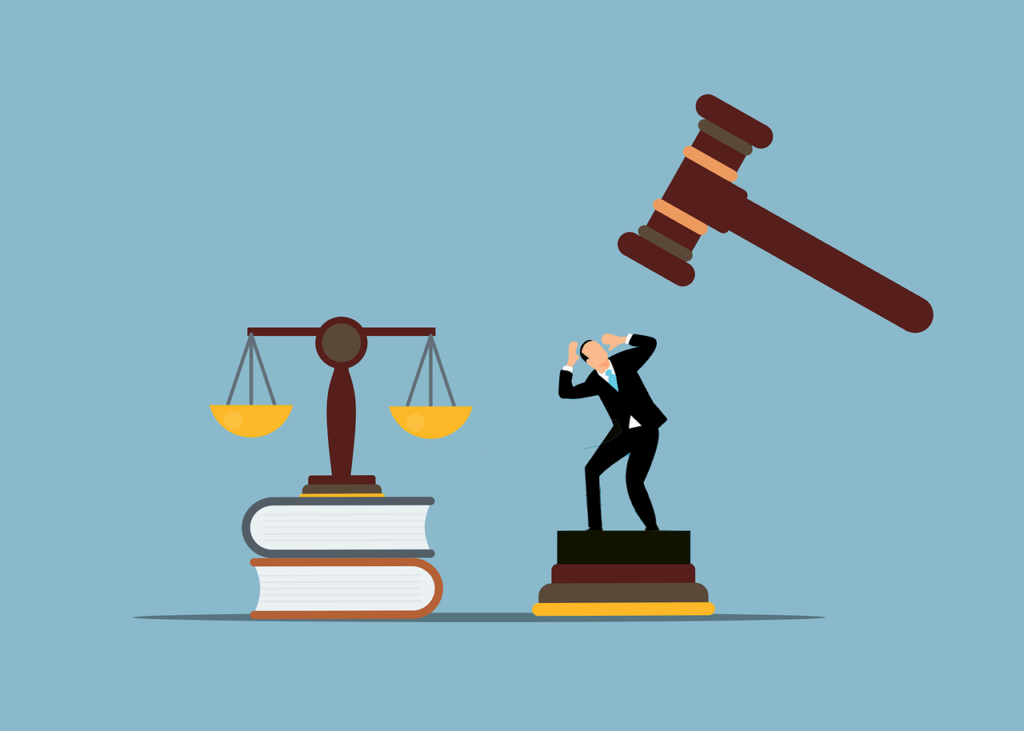STAGES OF CRIMINAL CASES – STEP BY STEP
- Defacto Complainant files Complaint before the concerned Police Station against Accused.
- Police will conduct prima facie enquiry whether there is any element of Crime or not or whether the complaint given by Defacto Complainant is real or false complaint.
- The Police registers FIR against the Accused.
- Police Arrest the Accused and produces him before the Magistrate.
- Accused Gets Bail [Alternatively, before his Arrest, the Accused may file Anticipatory Bail through his Counsel]
- Police Starts Investigation U/s. 180 BNSS (161 Cr.P.C) by examining any person who is acquainted with the facts of the case.
- Police Files Charge Sheet/Final Report U/s. 193 BNSS (173 Cr.P.C) after full investigation.
- [Once Charge Sheet is filed, the role of Police will be completed and the Role of the Magistrate begins]
- The Court allots a number called C.C.No. which is called as Calender Case.
- Court sends summons to the Accused to attend the Court on a particular date.
- The Accused will appear before the Court either personally or along with his Counsel.
- Court examines the Accused whether he had committed offence or not as per the Charge Sheet and ask for his explanation U/s. 274 BNSS (251 Cr.P.C).
- If the Accused admits his guilty, Court will impose punishment as per the Sections charged against him and sends him to Judicial custody. Normally in most of the cases, the Accused did not admit his guilty.
- If the Accused did not admits his guilty and says that the Police has wrongly implicated him in the offence, the Court posts the matter for evidence.
- Police submits all the statements before the Court which were collected from its witnesses U/s. 180 BNSS (161 Cr.P.C).
- Defacto Complainant will become P.W.1 [Prosecution Witness] and the other witnesses will become subsequent series of Prosecution Witnesses.
- The Counsel for Accused Cross Examines all the Prosecution Witnesses, including Inspector of Police and Investigating Officer (I.O).
- Court will again (2nd time) examine the Accused U/s. 351 BNSS (313 of Cr.P.C). that “All the Prosecution witnesses said you have committed Offence. What is your Explanation.”. Normally he will deny.
- If the Accused wants to become witness and he wants to say something from his side, he has to obtain permission of the Court U/s. 351 BNSS (315 of Cr.P.C). If permission is granted he will become DW-1.
- Public Prosecutor will Cross Examine all the Defense Witnesses including D.W.1 (Accused).
- Arguments of Public Prosecutor [Oral or Written].
- Arguments of Accused Counsel [Oral or Written].
- Judgement [Accused can be convicted or Acquitted]
CONCLUSION
Contact us for all your legal queries and for taking legal precautions and avoid unnecessary litigations







